Aberdeenshire parent Brett Townsley knows all about discussing mental health, but he did not expect to be doing it by taking his daughter’s toys on filmed adventures.
The 47-year-old owns two businesses that work with organisations to help their potential see mental health issues at work.
It helps firms to track and understand what is going on with their staff and help them to offer support.
A year ago, he started using those same skills when making stories for his five-year-old daughter Emerie-May.
“I try to be preventative for my little girl as well,” Mr Townsley said. “So she’s five, but sometimes communicating mental health can be tough.
“She goes down south quite a lot, because she’s got a lot of family down there so I take her toys away with me and I always find a way to create like a little visual story for her.
“And then I phone her up after I’ve sent her the video, we do a FaceTime and we talk through the adventure.
“I always try my best to tie it to mental health so she can start to understand for herself.”
‘Toys were going through a tough time’
It all first started when Emerie-May was going with her mum, Sarah, to see family in England and Mr Townsley had to stay behind for work.
He wanted to try and help her understand if she was feeling anxious about being away and took a toy of hers to work.
“I took it to work with me one day,” he said. “And I was trying to explain to her about self-care versus preventative care.
“So I took him along and then I just sort of filmed a story where I said he was sad and he’d had a tough time during the week.
“He had come into the work with dad, but he wasn’t coping very well and because he was able to talk about it in a safe place at work, we were able to help him and support him so he feels better.
“And I explained to her, that’s how it should be at school.
“You know, when she’s at school, if she finds it difficult because she’s having a tough time, she can communicate her emotions. She should reach out to a teacher or somebody else and be able to talk about it.”
Helped her to express her emotions better
Although he said he’s had a few “strange looks” from filming mermaids at the beach and taking a massive dragon to the woods, Mr Townsley said he has seen a difference in his daughter.
The Belhelvie resident said: “I think she can see emotional distress on others much clearer. But also, I think she’s better at communicating her own emotions now.
“I guess all kids have tantrums and she still does but she’s far better at sort of saying, ‘Well I’m sad’, or ‘I’m nervous’, or ‘I’m worried about this’ which is far more effective than simply losing your temper.
“I think it’s the storytelling being able to relate it to something that helps her to be more open and share.
“Essentially, that’s all we’re doing with the stories and with my daughter is saying, well, those feelings that you might have underneath the surface that you don’t feel comfortable about sharing, look your toys can do it and here’s what they mean.
“By being able to relate to that, it’s helping her to express emotions in a healthier way.
“She’s using that to sort of learn her own about their own mental health and how to cope with it as well.”
While the idea was to help his daughter, Mr Townsley said the story-telling has helped him at work as well.
He added: “It helps me to think well, how do I communicate effectively when people find talking about mental health so difficult in the workplace?
“And if I can do it with, my daughter at five years old, then I can certainly do it with a group of adults.”
What can parents do?
Mr Townsley has been asked by friends and family for tips on speaking to their kids about mental health.
While he knows it can be a bit daunting, the dad said the best thing a parent can do is be honest about how they’re feeling.
He said: “Very often what parents will do or, again, someone in an organisation will do is say ‘I’m fine, everything is good’, when actually there’s a whole heap of things bubbling under the surface.
“Everyday life events, financial worries, relationship break-ups, the workplace pressures, and all of these things will and can change your emotional settings which can change your mental health.
“I think the first thing to do is recognise that in yourself, and then be able to effectively communicate that back to your child instead of short bursts of anger.”
Helping to create a better place
Mr Townsley said they hope to put together a little care pack through his business Camelii to help parents talk and communicate more effectively about mental health.
In the long-term, they would like to take it into schools to help children build up skills to help them face life pressures.
He added: “I think it helps just to break down that stigma that people have towards mental health.
“You know, if Emerie-May’s generation grow up and do not have that fear about talking about mental on the way we do, what a better place that will be.”
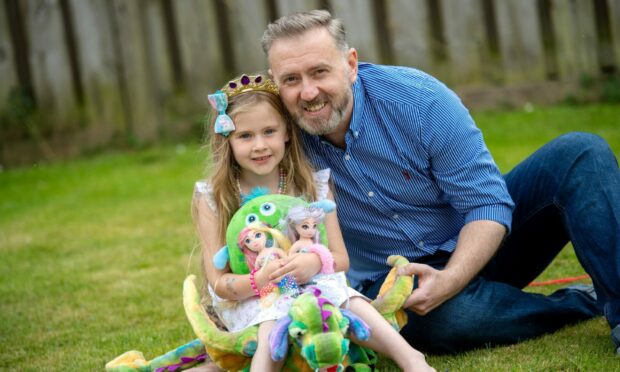
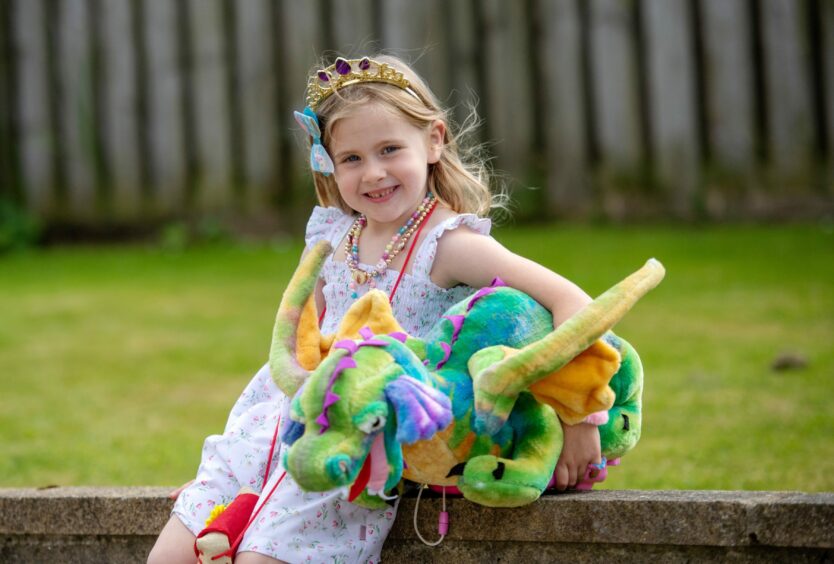
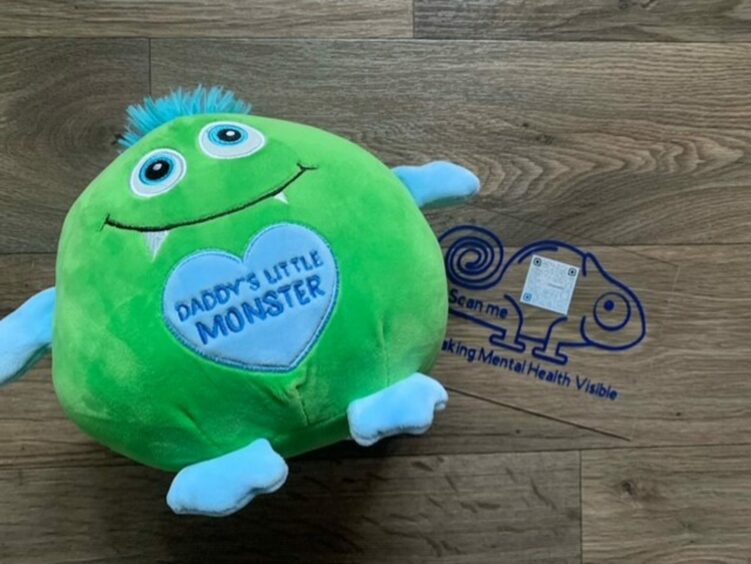
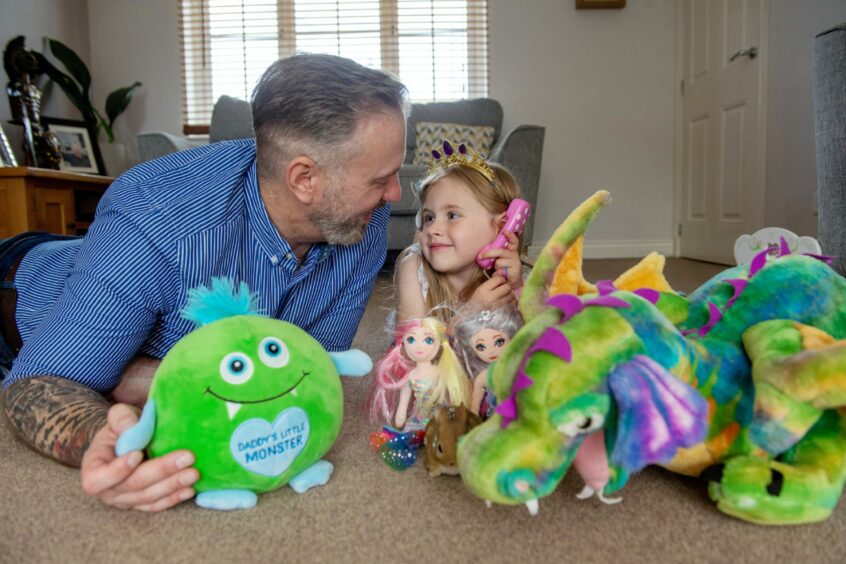
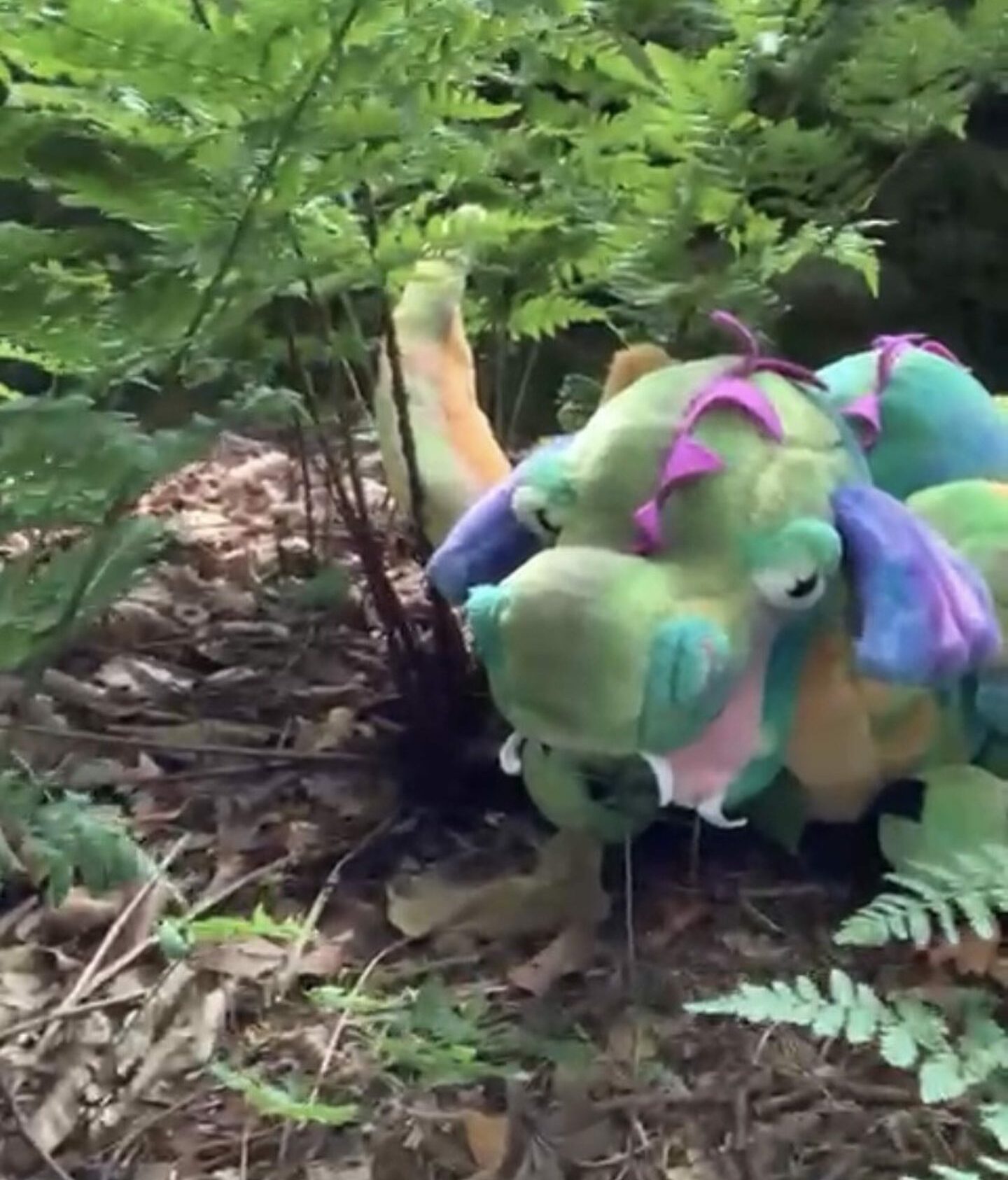
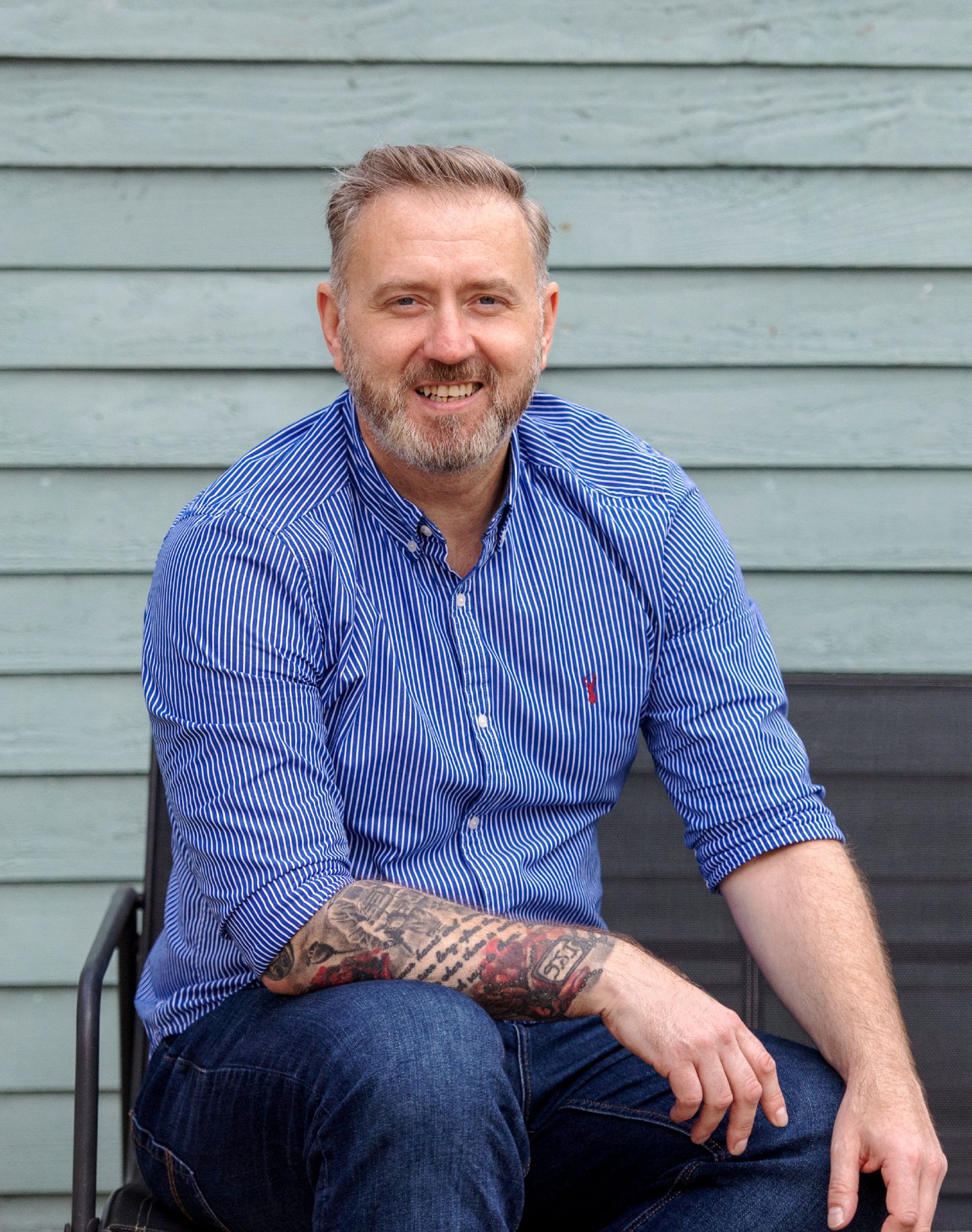
Conversation